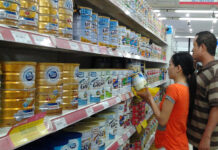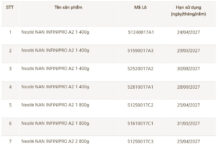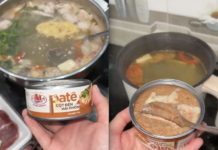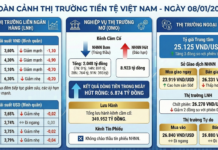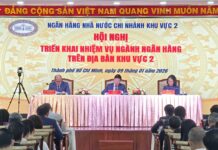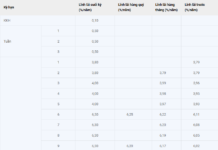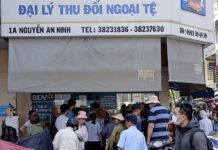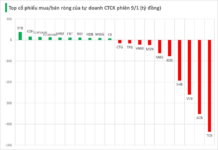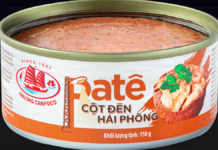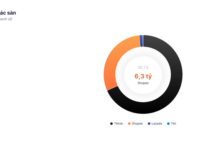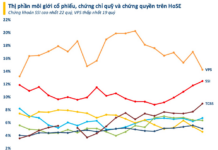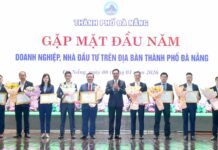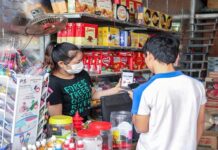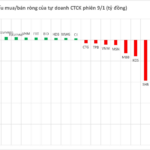On October 1, 2025, the Central Vietnam Farmers’ Association, in collaboration with the Ministry of Industry and Trade, hosted the 10th National Farmers’ Forum. The President of the Vietnam Farmers’ Association and the Minister of Industry and Trade directly engaged with farmers on the theme “Market Connectivity – Brand Building – Boosting Agricultural Product Consumption for Double-Digit Economic Growth.”
At the forum, Mr. Pham Hong Duy, Deputy Director of An Phat Agricultural Services Cooperative (Hanoi), shared the cooperative’s closed production model with farmers. This model encompasses timber, pomelo, fish, and turtle farming, as well as agritourism development. However, he expressed concerns about unstable consumption, particularly during natural disasters and consecutive storms that severely impact farmers.
Responding to farmers’ queries, Mr. Vu Ba Phu, Director of the Trade Promotion Agency (Ministry of Industry and Trade), stated that agricultural products are always prioritized in national trade promotion programs. Annually, the Ministry allocates 20-25% of its trade promotion budget to support the consumption of agricultural, forestry, and aquatic products.
In 2024 alone, the Ministry implemented 26 projects for agricultural products with a budget exceeding VND 26.5 billion, accounting for nearly 22% of the total program cost. Activities included participating in international fairs and exhibitions, organizing overseas trade missions and conferences, and developing industry databases. These efforts resulted in thousands of enterprises and cooperatives signing contracts and memoranda worth hundreds of millions of USD, promoting Vietnamese agricultural products, expanding markets, and leveraging FTAs.
For 2025, the Ministry of Industry and Trade has approved 118 trade promotion projects, including 38 dedicated to the agricultural sector with a total budget of nearly VND 35 billion. According to Mr. Phu, future priorities will be based on global market demands, and farmers can access this information through monthly meetings.
To participate effectively, the Director of the Trade Promotion Agency emphasized that farmers and cooperatives must focus on improving product quality, ensuring traceability, adopting green and clean production standards, and paying attention to packaging, branding, and intellectual property protection.
“Demanding markets are setting higher standards. If our products don’t meet these standards, we risk losing our market position,” he noted.
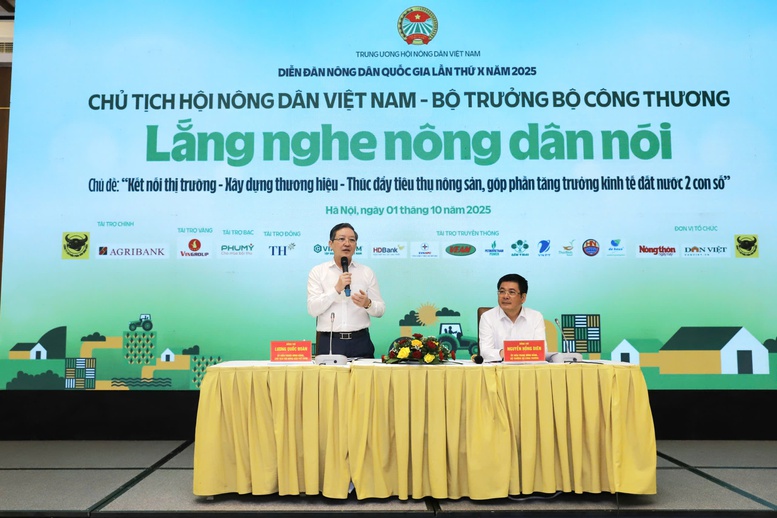
President of the Central Vietnam Farmers’ Association Luong Quoc Doan and Minister of Industry and Trade Nguyen Hong Dien chaired the forum.
Minister of Industry and Trade Nguyen Hong Dien added that farmers must shift their production mindset to align with market mechanisms. They should clearly answer questions upfront: What to produce, who to sell to, where to sell, and at what price? Only by defining these factors can production be efficient and avoid the common issue of producing without a clear market strategy.
He also highlighted that modern agricultural development requires planning and establishing farming areas that meet market and consumer demands, focusing on green, clean, and safe products.
“In today’s agricultural economy, planning and developing farming areas to meet market and consumer needs for green and clean products is essential. The era of ‘two vegetable plots and two pig pens’ is over. If products aren’t clean, they won’t sell,” the Minister emphasized.
High E-commerce Platform Fees Hinder Farmers’ Competitiveness
With the rapid development of digital technology, e-commerce platforms have become a crucial gateway for Vietnamese agricultural products to reach domestic and international consumers. However, many cooperatives and businesses face new challenges when selling online, particularly regarding platform fees and shipping costs.
Engaging further with the Minister of Industry and Trade, Ms. Chao Thi Yen from Goong Cooperative (Lao Cai), whose startup focuses on herbal products based on community traditional knowledge, noted that Vietnam’s e-commerce market is dominated by large enterprises with significant import-export market share. From her experience, the three biggest challenges are high platform fees coupled with low agricultural product profit margins.
“Selling at a low price results in losses, while increasing prices undermines competitiveness,” she explained.
Secondly, e-commerce platforms impose strict conditions, making it difficult for farmers to access them. Thirdly, many orders incur high shipping costs, sometimes double the product value.
Ms. Yen questioned the Ministry’s plans and solutions to collaborate with major e-commerce platforms to protect the legitimate rights of consumers and producers, and to promote Vietnamese agricultural products both domestically and internationally.
Ms. Le Hoang Oanh, Director of the E-commerce and Digital Economy Agency (Ministry of Industry and Trade), stated that platform fees and shipping costs are market-driven, and the government cannot directly intervene. However, the Agency has worked with major e-commerce platforms.
These platforms have committed to implementing various support programs, including introducing new products, OCOP (One Commune One Product), guiding product eligibility for listing, and providing free training to help businesses sell effectively.
To reduce platform and logistics costs, Ms. Oanh encouraged farmers and businesses to improve product quality, expand production scale, and adopt consolidated shipping methods. For example, in the Northwest region, rice sellers can combine shipments to reduce transportation costs.
Minister of Industry and Trade Nguyen Hong Dien added that the E-commerce Law will be passed at the October session.
The Ministry will issue guidelines for localities to effectively utilize trade promotion programs to support key products (such as agricultural and aquatic goods). Support measures may include free platform listing, reduced logistics costs, and a focus on 100 priority products.



